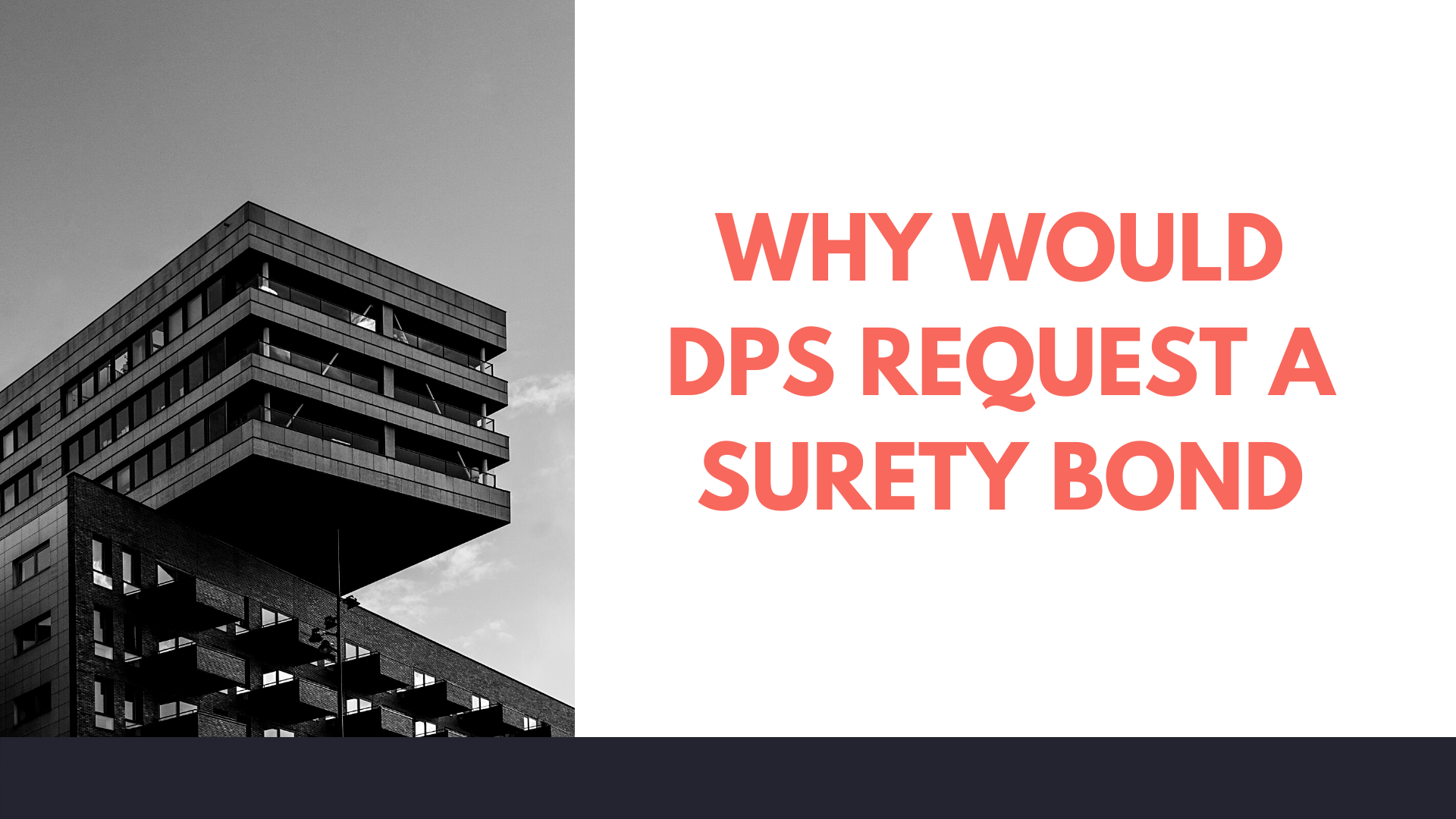What does DPS mean?
DPS stands for “damage per second”. In video games, DPS is a measure of how much damage a character or object can deal in a given amount of time. Generally, the higher a character’s DPS, the more powerful they are. There are many different ways to calculate DPS, and different games use different formulas. However, the basic idea is always the same: to find out how much damage a character can do in a given period of time.
There are a few things to keep in mind when considering DPS. First, it’s important to remember that DPS is only one measure of a character’s power. It doesn’t take into account things like survivability or crowd control abilities. Second, DPS is often measured over a short period of time, such as 10 seconds.
This can be misleading since a character with high DPS might not actually do more damage than a character with lower DPS over the course of a long battle. Finally, it’s important to remember that DPS is only one aspect of a character’s damage output. If a character has high DPS but low damage per hit, they might not be as effective as a character with lower DPS but higher damage per hit.
In the end, DPS is just one way to measure a character’s power. It’s not the be-all and end-all, but it can give you a good idea of how much damage a character can deal in a given amount of time.
Why is Surety Bond Needed in DPS?
A surety bond is a legal agreement between three parties: the obligee (which may be the state, municipality, or business requiring the bond), the principal (the individual or business that purchases the bond to guarantee its contractual obligations), and the surety company (which underwrites and backs up the bond).
The purpose of a surety bond is to protect the obligee from financial loss if the principal fails to meet its obligations. For example, if you are a contractor who is bonded, your customers can be confident that you will complete your work as agreed and that they will be reimbursed for any losses incurred if you do not.
In Texas, surety bonds are required for many different types of businesses and professionals, including:
- Auto dealers
- Collection agencies
- Contractors
- Credit unions
- Dentists
- Engineers
- Geologists
- Morticians
- Nurses
- Pharmacists
- Physician assistants
- Podiatrists
- Real estate brokers
- Veterinarians.
The reason for this is that a surety bond provides an extra layer of protection for the public. By requiring businesses and professionals to be bonded, the state or municipality can be assured that they are held accountable if something goes wrong. Bonds also help to ensure fair and open competition, as well as consumer protection.
What is the Purpose of Being Bonded?
When two people are bonded, they are connected on a deep level. This connection is usually based on love, but it can also be based on other factors, such as trust, respect, or friendship. The purpose of being bonded is to create a strong emotional and/or physical connection between two people. This connection can provide support and strength during difficult times. It can also make the relationship more enjoyable and fulfilling. There are many benefits to being bonded with someone, but the most important one is that it can help to improve the quality of your life.
How Much is a Surety Bond?
The price of a surety bond can vary depending on the amount of the bond, the type of bond, and the credit score of the person or company taking out the bond. However, on average, a surety bond costs around 1-2% of the total amount of the bond.
For example, if you need a $10,000 bond, you would likely pay between $100 and $200 for that bond. Keep in mind that prices can change depending on market conditions, so it’s always best to check with a broker or insurer to get an accurate estimate.
What’s the Difference Between Bonded and Insured?
When it comes to commercial property insurance, there are two main types of coverage: bonded and insured. So what’s the difference?
Bonded coverage is a type of insurance that guarantees payment for losses up to a specific amount. This type of policy is often used by businesses that deal in high-value items, as it offers protection against theft or loss.
Insured coverage, on the other hand, is a policy that pays out a set amount of money to the policyholder in the event of a loss. This type of coverage is more common and is ideal for businesses that want broad protection against any type of property loss.
So which type of coverage is right for your business? That depends on your individual needs and risks. Talk to an insurance broker to learn more about the options available to you.

